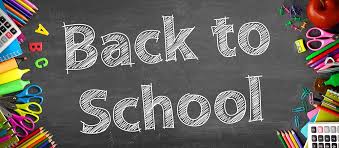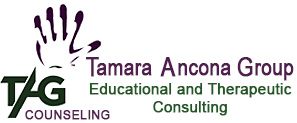 Returning to school is a big deal for all students, but for students with an Autism Spectrum Disorder or ADHD the challenge can be even greater. As students start and settle into a new school year there are things that can help minimize the stress and promote a healthy outlook on learning.
Returning to school is a big deal for all students, but for students with an Autism Spectrum Disorder or ADHD the challenge can be even greater. As students start and settle into a new school year there are things that can help minimize the stress and promote a healthy outlook on learning.
Dr. Gordon Day, Executive Clinical Director and Founder of Seven Stars wrote a recent article giving parents tips to facilitate a successful back to school transition, featured below.
5 Tips for Parents as your spectrum student heads back to school
Heading back to school can be a real challenge for a teen student with ASD or other neurodevelopmental issues like ADHD. Sometimes the thought of the coming school year fills teens with a sense of dread. The social, behavioral and academic expectations in school often highlight the areas of difficulty in the student with ASD.
These are the top five things we recommend parents consider when heading into a new school year.
1). Talk to your son or daughter about their goals for the school year, what they need to do in order to reach those goals and what kind of support or help from parents would be helpful. Make sure you allow time for them to express their thoughts. The key is to listen with empathy.
2). Develop routines in order to promote your students independent executive skills (morning routine, homework routines, night time routines etc.) Incorporating their input in the plans gives them ownership and a sense of empowerment. Help them understand that the goal of routine is to help them prepare for the future and independence.
3). Find ways to reinforce school successes. Teenagers with ASD often have passionate interests. Find ways to incorporate their passions in school related activities like extra curricular clubs or activities at school.
4). Work with teachers to define expected behaviors at home and school. Consistent and clearly defined expectations facilitate success. Experience in different environments and activities improves the generalization of skills to other settings they encounter.
5). Look for ways to help them feel successful outside of school. Volunteer work, an after school job, tutoring younger students, regular opportunities for socialization and physical exercise in structured activities can really help with confidence and self efficacy.
If you have a child or teen struggling with ASD or ADHD and believe they need additional help, call Tamara Ancona, MA, LPC, at (678) 297-0708 for an evaluation, and to discuss potential solutions.
